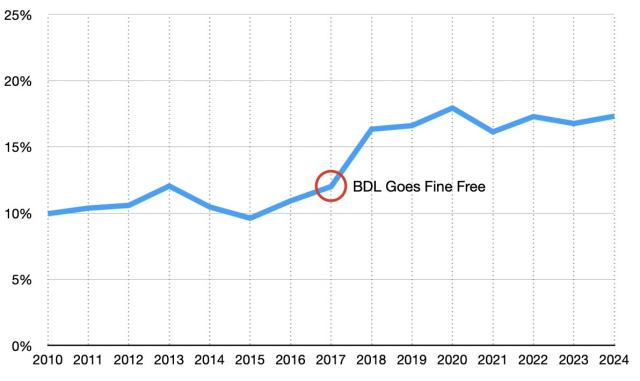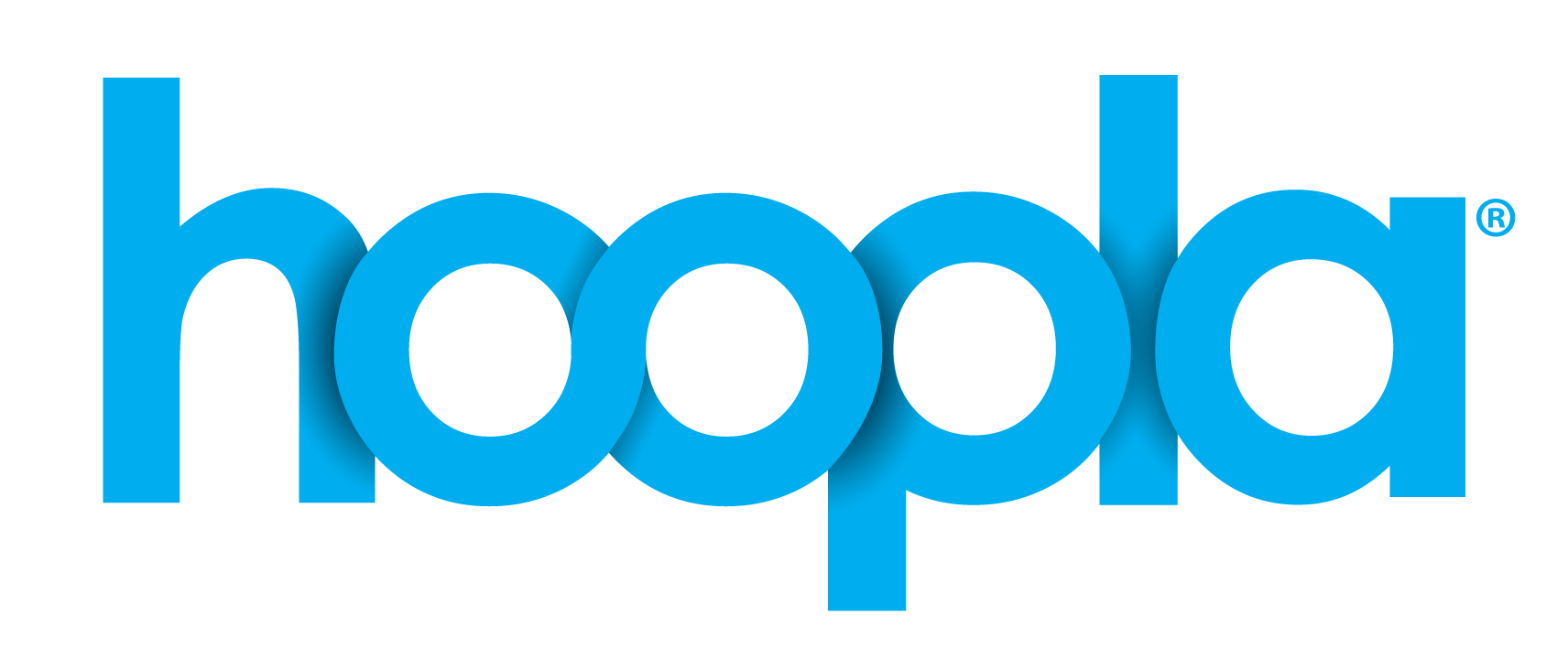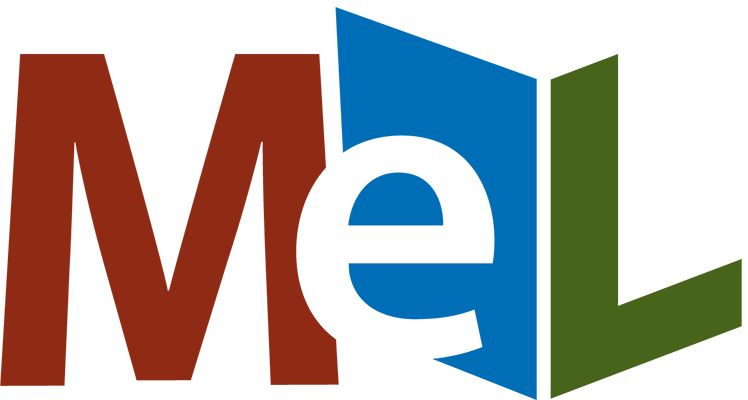In August of 2017, the BDL Board of Trustees voted to eliminate late fees on library materials. This was years before major libraries in places like New York City, San Diego, and Chicago did the same. For BDL, this move was the beginning of what would take shape a few months later as our Strategic Plan, with its goal of lowering barriers to library access. Fines and fees have been shown to disproportionately affect low-income and disadvantaged communities. Since BDL made this change, hundreds of libraries around the country have come to the same conclusion and also eliminated late fees.
Critics of these moves have worried that eliminating fines would also remove the incentive for people to return books in a timely manner. As Sabrina Unrein of Syracuse University notes, however, "there is no strong, wide-scale evidence that supports the claim that library fines are effective for all of the reasons people use to defend them". Many libraries, like Chicago Public Library, actually reported increases in materials getting returned after they eliminated fines.

At BDL, the percentage of checkouts that were overdue in a given year did go up from 12% in 2017 to 17% in 2024. There is not, however, any conclusive data that shows a causal relationship to going fine free. As you can see from the chart, the trend of increasing overdue items began years before BDL eliminated late fees, and it's tough to pinpoint an exact cause.
Other critics point to the financial cost to libraries, worried that eliminating fines removes a valuable revenue stream from struggling libraries. How true this might be is highly dependent on the library in question, but generally fine income makes up only a small portion of a typical library's income.
At BDL, the amount of fines we actually collected before we went fine-free was only about 6% of what patrons owed the library. What about the other 94%? The law doesn't give libraries many options to help with debt collections. In Michigan, outstanding library balances of any size must be forgiven after 6 years. Additionally, library fines may not be reported to credit agencies as outstanding debt. Because of these factors, many people simply never pay their bills at all. They keep the long overdue materials and forfeit their library privileges. The library and the patrons both lose.
We must hold patrons accountable for lost and damaged materials—and we do; all patrons with lost or damaged materials are charged for those items. But the library would much rather have our late materials back that are still in good condition so that other patrons can use them. By eliminating late fees, we encourage our patrons to return items, even if they are a little overdue. And, as the chart above shows, the vast majority of our patrons are returning their books before they are due. The minority of library users that are a little late can return their materials to us knowing that they won't be out cash or lose their library services because of an overdue book.
There is no perfect solution, but as the library tries to eliminate barriers to accessing library services we hope that our approach strikes a fair balance.







